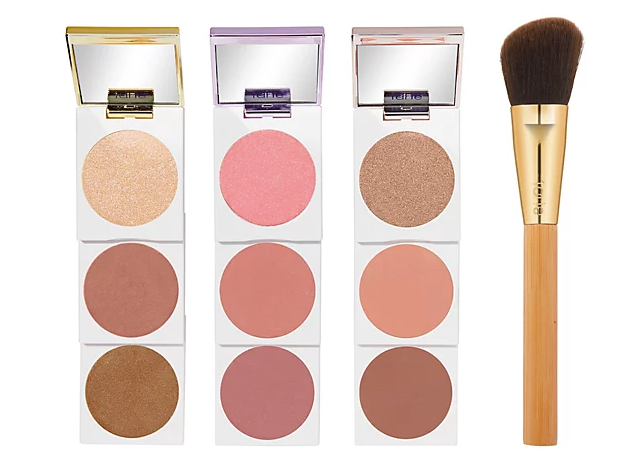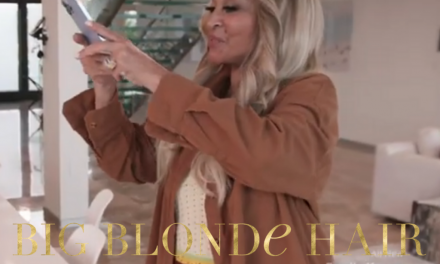
Back in 2010, the British Guardian newspaper published a selection of angry letters from readers complaining about the increasing use of what they called ‘American slang’ in its articles. As one of them wrote:
“Once again, I am driven to write and complain about the increasing use of American slang in your journalists’ articles (…) examples include upscale, lickety split (what does that mean?) and double dipping. The ghastly schlepping has made another appearance as well. American English is fine when living in America, but please stick to British English when writing for a British readership.”
He Wasn’t the Only One
Other readers objected to words such as ‘scuzzy’, ‘happenstance’, ‘vacation’, ‘staycation’, ‘gotten’ and, most surprising of all, ‘teenager’. ‘Appealing a conviction’ should contain the preposition ‘against’, insisted another reader. And so on and so on.
Many of the Objections Sounded a Tad Snobbish
After all, language changes all the time, as it should, and only purists and pedants – of whom I occasionally count myself – complain about it. Personally speaking, I love the word ‘schlep’ and use it constantly. And besides, as the Guardian itself pointed out, it’s a Yiddish word, not American, and ‘gotten’ is an old English word that the Americans now use more than we do.
Sometimes It’s the Accent That’s the Problem
Some years ago, in a restaurant in Washington, my ‘teenage’ son asked for some butter. The waiter was confounded. My son repeated the word several times, to no avail, and then decided to say it with an American accent as in ‘budder’. “Ah!” the waiter’s eyes lit up. “Budder! Coming right up, sir.”
Some Expressions Can Cause Confusion
I don’t know America that well, but I have had some experience of teaching American students, and I confused them one time by telling them before they arrived here for a summer school course on English theatre that there was no need to dress up to go to the theatre but they might want to bring their ‘glad rags’ for the farewell party at the end. That seemed to result in a lot of Google flurry.
Likewise, I found their use of the word ‘smarts’, well, weird. I realise now it was a compliment, it means they thought I was clever, but at the time I was convinced they were referring to my clothes.
American Influence Is Everywhere
I have found American influence is everywhere. This was evident even more in my experience in Australia, where they weirdly refer to what we call trousers as ‘pants’, and they pronounce the word ‘router’ (the thing that operates your broadband) in the American way, as in ‘rowter’. (There is a reason for this. In Australia the word ‘root’ can mean sexual intercourse. When I tried to buy a ‘router’ – as in ‘rooter’ – in Sydney a few years back, I got some very funny looks.)
Americanisms Will Always Be Part of Our Language
Many Americanisms now feel natural, as do Australianisms such as ‘whinge’, ‘a big ask’, and of course ‘uni’ and ‘footie’ etc. Australians love to shorten words where Americans like to lengthen them. ‘Transportation’ instead of transport, ‘elevator’ rather than lift, ‘automobile’ for car, etc.
So far, those words aren’t part of our daily lexicon in Britain, and we continue to be confused by ‘gas’ rather than petrol, ‘trunks’ of cars when we say boots, ‘diapers’ for nappies and ‘suspenders’ for braces.
‘Theatres’ here refer to buildings housing live performances, not the ones on screen, and the word ‘bathroom’ to mean a room which as often as not does not contain a bath is frankly baffling. At the same time very few Americans seem to know what a lorry is (a ‘truck’).
There are other obvious influences, particularly when it comes to coffee. I believe an ‘Americano’, which for us Brits indicates a simple coffee, doesn’t exist in the States. Just as the ‘English muffin’ is an entirely American invention.
It’s Part of the Joy of Our Two Nations
That we speak the same language only up to a point is part of our two nations’ joy of communication. Vive les differences, to borrow from the French. You gave us hamburgers, Cole Porter, Elvis Presley, Marilyn Monroe and Mark Twain. We handed you Shakespeare, the Beatles, Jane Austen and Monty Python. It’s a pretty fair exchange and long may it continue.
And of course where would any of us be without the word ‘teenager’?
Let’s Have a Conversation:
Have you conversed with people from other English-speaking countries? What was your experience like? Was there confusion with certain words/phrases? What funny story can you share regarding language use?





